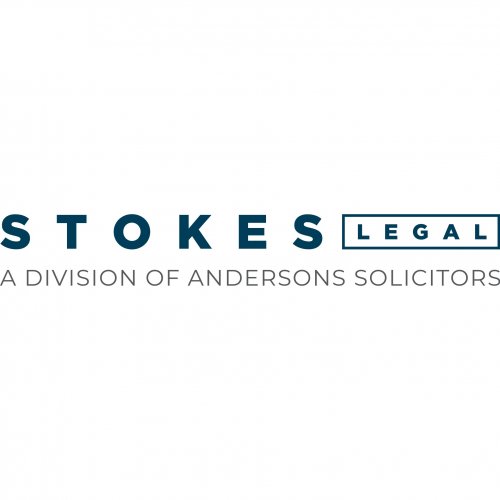Best Estate Planning Lawyers in Edwardstown
Share your needs with us, get contacted by law firms.
Free. Takes 2 min.
List of the best lawyers in Edwardstown, Australia
About Estate Planning Law in Edwardstown, Australia
Estate Planning law in Edwardstown, Australia, revolves around the management and disposition of one's assets in the event of their death or incapacitation. This often includes the creation of Wills, setting up trusts, defining power of attorney, and organisation of funeral arrangements. Unlike in some other areas, in Edwardstown, regular reviews and updates to your Estate Plan are recommended due to potential changes in your life circumstances or alterations in the relevant legislation.
Why You May Need a Lawyer
You may need a lawyer in instances where you have substantial assets or a complex family structure, such as blended families or estranged relatives. It is also advisable to seek legal expertise if you have specific wishes for the allocation of your assets or responsibility for dependent care. Lawyers in Edwardstown can help ensure that your intentions are adhered to legally, reducing the chance of disputes after your demise.
Local Laws Overview
The laws impacting estate planning in Edwardstown are subject to Federal, State, and even Local Government legislation. Most estate plans involve tax implications, both at the time of death and for beneficiaries - these are governed by Federal Law. Trust law, on the other hand, often relies closely on State and Territory law, making it region-specific. Furthermore, Power of Attorney and guardianship orders can vary from state to state, making it essential to consider local legislation.
Frequently Asked Questions
Do I need to create a Will?
Absolutely. A Will is a legal document that specifies your wishes concerning the distribution of your assets after your death. Without a valid Will, your property and assets will be dispersed according to a predetermined Government formula, which may not align with your intentions.
What happens if I die without a Will?
If you die without a Will, it means you have died 'intestate'. In such cases, your assets are distributed in line with a government formula, which may not align with your specific wishes. The Court appoints an administrator to distribute your assets and manage your affairs, which can result in family disputes.
What is a Power of Attorney?
A Power of Attorney is a legal document that gives a trusted individual the authority to manage financial matters on your behalf, should you become unable to do so. This could be due to physical or mental incapacity and gives them the power to act on your behalf.
What is a Trust?
A Trust is a legal entity created to hold and manage assets for the benefit of named individuals or entities, often used to provide for those who may be unable to manage assets themselves, such as minors or those with an impairment.
What might change in my life that would necessitate me to reflect in my Estate Plan?
Points such as the birth of a child, marriage or divorce, a significant change in financial circumstances, or the death of a nominated executor or beneficiary, should trigger a review of your estate plan.
Additional Resources
For more information on Estate Planning laws in Edwardstown, consider contacting local organisations such as the Edwardstown Law Society, the State Trustee, or your local Citizen's Advice Bureau. It's also worth checking the website of the Australian Taxation Office for tax-specific queries.
Next Steps
If you require legal assistance in Estate Planning, start by contacting an Edwardstown-based lawyer, specialising in Estate Law. They can help you understand your current position, explain the legal implications, and guide you through the estate planning process to ensure your wishes are captured accurately and legally.
Lawzana helps you find the best lawyers and law firms in Edwardstown through a curated and pre-screened list of qualified legal professionals. Our platform offers rankings and detailed profiles of attorneys and law firms, allowing you to compare based on practice areas, including Estate Planning, experience, and client feedback.
Each profile includes a description of the firm's areas of practice, client reviews, team members and partners, year of establishment, spoken languages, office locations, contact information, social media presence, and any published articles or resources. Most firms on our platform speak English and are experienced in both local and international legal matters.
Get a quote from top-rated law firms in Edwardstown, Australia — quickly, securely, and without unnecessary hassle.
Disclaimer:
The information provided on this page is for general informational purposes only and does not constitute legal advice. While we strive to ensure the accuracy and relevance of the content, legal information may change over time, and interpretations of the law can vary. You should always consult with a qualified legal professional for advice specific to your situation.
We disclaim all liability for actions taken or not taken based on the content of this page. If you believe any information is incorrect or outdated, please contact us, and we will review and update it where appropriate.








